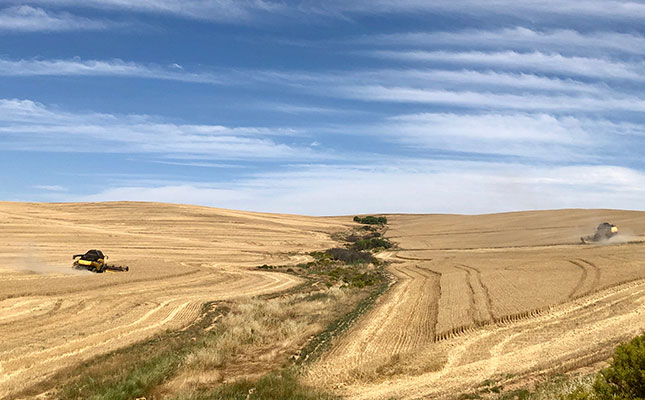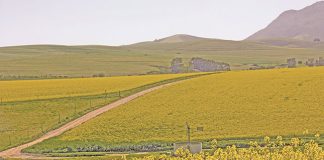This was the central message of the South African Agricultural Outlook Conference in Pretoria.
Chris Hart, economist and executive director at Leapfrog Advisory and Impact Capital, said that doing business in the sector needed to become easier, and that this could only be achieved through adjustments to certain policies.
Hart added that this would improve the ease of doing business and attract new investment to the agricultural sector.
“New economic activity doesn’t come into existence without investment. Policy matters because it can be an enabler or disabler,” he said.
According to Hart, South Africa could learn from countries such as Mauritius. In the 1990s, it was considered a “low potential” country in comparison with South Africa. However, it overtook South Africa and managed to achieve a gross domestic product per capita 60% higher than that of SA.
“Mauritius recognised that it must become the easiest place in which to invest and do business. If we had chosen the path Mauritius took, we would have been well ahead given our potential. Our politicians have chosen a policy pathway that restrains us.”
Political and policy specialist, Theo Venter, said that internal struggles within the ANC and questions around its leadership could have a negative impact on agriculture.
If President Jacob Zuma stepped down before his term ended, Venter said, the sector’s leadership would change as both Senzeni Zokwana, minister of agriculture and Bheki Cele, deputy-minister of agriculture, were in the “anti-Zuma grouping”.
“We may expect policy decisions to be ambivalent and ambiguous as factions do not see eye-to-eye on matters,” he said.
Under these conditions, the sector could find itself in a difficult situation due to land reform pressure brought on by the Economic Freedom Fighters, the effects of the drought and food security issues. However, he thinks South Africa’s political system can withstand current uncertainty.
Dr Flippie Cloete, CEO of analysis and forecasting company, Aginfo, said these challenges made it difficult for food producers to farm sustainably.
“We have a political economy that is unpredictable at best, and our industry has to function in an environment with high levels of uncertainty and risk.”
However, amid these challenges, the role of agribusinesses in South Africa was becoming more prominent.
“They make an important contribution to socio-economic stability,” Cloete said.











